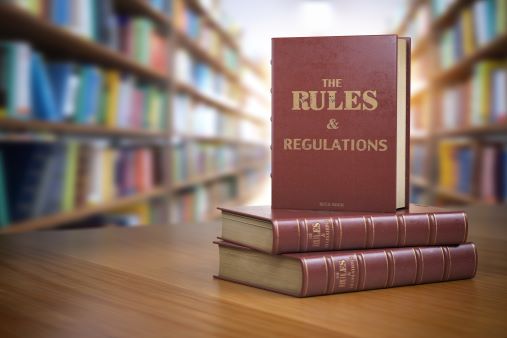The Commodity Futures Trading Commission (CFTC) issued a memorandum on October 29, 2020, intended to provide guidance to the staff of the CFTC’s Enforcement Division on “recommending the recognition of a respondent’s cooperation, self-reporting, and remediation” in CFTC enforcement orders. The aim of the memorandum is “to provide transparency and clarity regarding when and how the Division will recommend that these assessments be reflected and recognized in [CFTC] enforcement orders” – and nothing more.
The guidance, which will be binding on the staff of the CFTC Enforcement Division going forward, establishes and defines four different levels of cooperation in CFTC enforcement cases. For each level, the guidance also provides specific language that the enforcement staff will be required to include in orders arising from cases at that level of cooperation.
No self-reporting, cooperation or remediation
The first level of cooperation involves cases in which a respondent in a CFTC enforcement action “has not self-reported, cooperated with [the] Division’s investigation, or remediated in accordance with” the CFTC’s past guidance on these subjects. In such cases, “the Division will not recommend that the Commission’s enforcement order publicly recognize self-reporting, cooperation, or remediation,” which “indicates that the respondent did not cooperate in a manner that materially advanced the Division’s investigation or otherwise met the factors set out in” the CFTC’s past guidance.
No self-reporting, but cognizable cooperation or remediation that warrant recognition but not a recommended reduction in penalty
The second level of cooperation involves cases in which the CFTC will recognize “a non-self-reporting respondent’s cooperation or remediation in the Commission enforcement order without a recommendation that the cooperation or remediation be reflected in the form of a reduced penalty.” To qualify for level two treatment, “the respondent will have [to have] satisfied one or more of the factors set out in the [the CFTC’s prior guidance], but the cooperation would not have materially assisted the Division’s investigation in a manner required to warrant a recommended reduction in penalty.” The CFTC noted, however, that “it will be insufficient to warrant recognition in this context [i.e., level two] if the respondent has merely done what is required by law.”
No self-reporting, but substantial cooperation or remediation resulting in a reduced penalty
The third level of cooperation involves cases in which “a respondent will have provided a level of cooperation that was substantial, and that materially advanced the Division’s investigation in accordance with the [CFTC’s past guidance], and/or engaged in substantial remediation to address the misconduct and materially develop or strengthen related internal controls.”
Self-reporting, substantial cooperation and remediation resulting in a substantially reduced penalty
The fourth level of cooperation involves cases in which “a respondent has self-reported, substantially cooperated in a manner that materially advanced the Division’s investigation, and remediated in accordance with the [CFTC’s past guidance],” in which cases “the Division will recommend the most significant reduction in penalty to the Commission.”
Room for Future Guidance
Despite the new hierarchy and retooled language for enforcement orders, however, the recent guidance “does not change Division practice with respect to how the Division will evaluate self-reporting, cooperation, or remediation, or how the Division will consider reductions in penalties in connection with self-reporting, cooperation, or remediation” set forth in previous CFTC guidance. In other words, the new guidance provides no new metrics by which a cooperating respondent can measure the value of the cooperation he or she gives – a notable shortcoming of the previous guidance on cooperation credit in CFTC enforcement actions and the most important (perhaps only) purpose of guidance of this kind. To the contrary, the new guidance seems to do little more than establish unnecessarily fussy requirements for memorializing facts that have no measurable bearing on a respondent’s liability in CFTC enforcement cases. Here is hoping that, in future iterations of the guidance, the CFTC will indicate exactly how much cooperation – at any level – is worth to respondents trying to decide whether it makes sense to cooperate with the CFTC.















